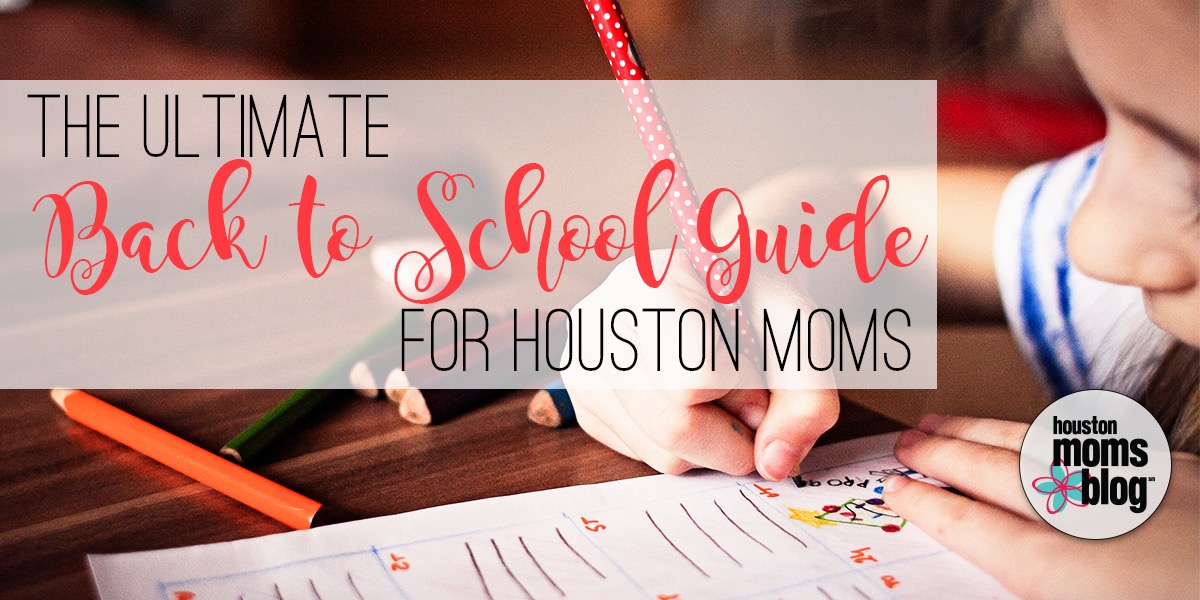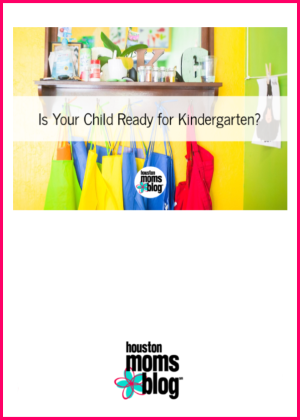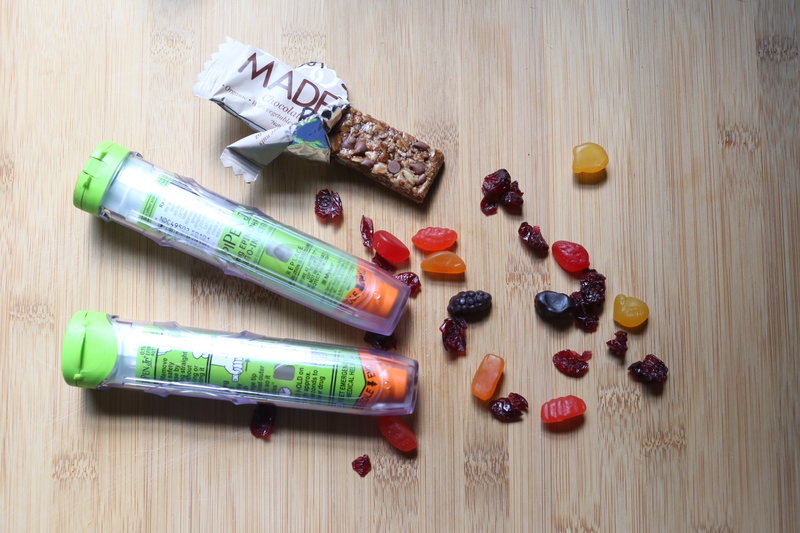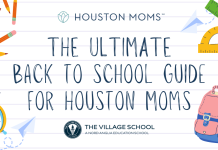Mommas, school is starting soon and many of us are sending our babies to kindergarten for the first time! In case you are wondering whether your child is ready for kindergarten, here are some things to consider.
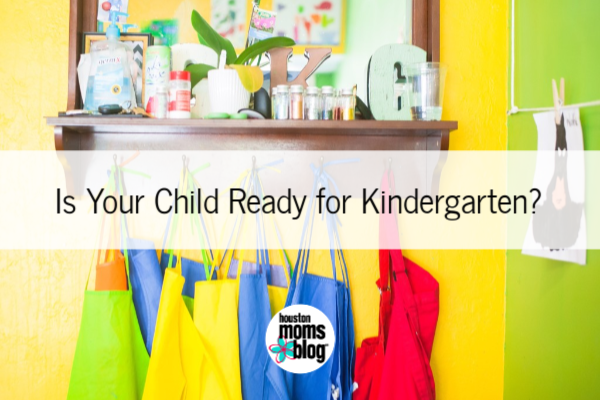 Kindergarten in Texas
Kindergarten in Texas
Did you know that kindergarten is not mandatory in Texas? Nope, you don’t have to send your little peanut, but if they are at least 5 years old by September 1st, you can register them in kindergarten. Schools may offer half or full day programs and at this point in the summer, you probably know what your school offers. If you don’t, call or check their website.
There is no state-required general kindergarten assessment other than a reading instrument; however, schools may complete their own screening to help determine programming and supports or to establish a baseline for the year’s learning. In other words, don’t panic if your child participates in some kind of screening, and do not feel that you have to do any particular preparation {like studying for a test} unless your child’s teacher informs you otherwise.
You can expect class sizes of no more than 22 students, a mix of play and academic based learning, and at least 30 minutes of daily physical activity whether in the gym, on the playground, or in the classroom.
https://www.facebook.com/zillafitness/videos/10154832964138085/
What age should my child start kindergarten?
A child must be 5 as of September 1st in order to attend kindergarten in Texas. That means that there is some leeway for those whose birthdays fall in the summer; they will either be the youngest or the oldest in their cohort. There is plenty of debate about whether to start “early” or redshirt them. A few questions to ask yourself about your child’s kindergarten readiness::
- What are your child’s social skills like? Do they play well with peers?
- What is your child’s behaviour like? Can they handle frustration?
- What are your child’s communication skills like? Can they express themselves and be understood by others?
- What is your child’s maturity level? Are “young” for their age”?
Do not assume that your child will be able to do two years of kindergarten – this depends on individual circumstances and the specific school practices and should be discussed with the teacher and principal.
Kindergarten Curriculum
Each programming level or grade has specific standards which outline what students are to learn called Texas Essential Knowledge and Skills (TEKS). These standards are based on input from educators and other stakeholders and, of course, on child development. As a pediatric Occupational Therapist {licensed in Canada!} with 15 years of experience in school-based practice, I can attest that many of my referrals from teachers and parents were not based on curriculum or developmentally appropriate expectations but rather experiential expectations, school culture expectations, or cohort expectations. Mommas, it’s important we look past those things and look to the curriculum and to child development. Otherwise, it may seem like there’s a problem when there’s not.
The good news is that teachers are on our side! Stakeholders are on our side! But still, equip yourself with knowledge, starting with familiarizing yourself with the curriculum for kindergarten in Texas which can be found here. Note that the curriculum outlines the expectations for the end of the school year, not the beginning. Your child does not need to have achieved these skills prior to starting kindergarten! You might think it will give them an advantage, and it *might* give them a temporary lead, but while focusing on gaining those skills earlier than necessary, what did your child miss out on? Play, social skills, emotional and self regulation opportunities? These are things to think about before pushing too much school too early.
Curriculum Highlights
The kindergarten TEKS or curriculum is long and detailed and reading it will give you a whole new respect for teachers! They cover A LOT! Here are a handful of highlights, directly quoted from the TEKS::
- identify the common sounds that letters represent
- identify and read at least 25 high-frequency words from a commonly used list
- discuss the big idea {theme} of a well-known folktale or fable and connect it to personal experience
- retell a main event from a story read aloud and describe characters in a story and the reasons for their actions
- dictate or write sentences to tell a story and put the sentences in chronological sequence {note that this can be DICTATED!}
- form upper- and lower-case letters legibly using the basic conventions of print {left-to-right and top-to-bottom progression}
- write one’s own name
- use letter-sound correspondences to spell consonant-vowel-consonant {CVC} words {e.g., “cut”}
- listen attentively by facing speakers and asking questions to clarify information
- follow oral directions that involve a short related sequence of actions
- count forward and backward to at least 20 with and without objects
- read, write, and represent whole numbers from 0 to at least 20 with and without objects or pictures
- collect, sort, and organize data into two or three categories
- ask questions about organisms, objects, and events observed in the natural world
- explain the reasons for national patriotic holidays such as Presidents’ Day, Veterans Day, and Independence Day
- identify rules that provide order, security, and safety in the home and school
- demonstrate how to seek the help of parents/guardians and other trusted adults in making decisions and solving problems
- toss a ball and catch it before it bounces twice
- lift and support his/her own weight in selected activities that develop muscular strength and endurance of the arms, shoulders, abdomen, back, and legs such as hanging, hopping, and jumping
- create artworks using a variety of lines, shapes, colors, textures, and forms
- share ideas about personal experiences such as family and friends and develop awareness and sensitivity to differing experiences and opinions through artwork
- sing songs and play musical games, including rhymes, folk music, and seasonal music
Remember, these are the expectations for the END of kindergarten, so if your child isn’t there yet, don’t worry! They have a whole year of school to learn them!
From the Voice of Experience
Before moving to Texas, I worked with hundreds of kindergarten educators and thousands of kindergarten students and I became particularly keen on the subject as my own three children approached kindergarten age. I wanted to know:: how do I get them ready for kindergarten? The advice I received was this::
- A child should be able to sit and listen to story.
- A child should be able to take direction from an adult other than mom or dad.
- A child should be able to ask for help.
That’s it. PHEW!! There are a lot of great lists out there but this was the simplest and most practical list going. Sure, I encouraged my kids to play with craft supplies, puzzles and fine motor toys. I involved them in both structured and unstructured gross motor {large movement} activities. I taught them how to wait, share, and take turns and then practiced that {still practicing, in fact!}. We talked about colors, numbers, letters, spatial concepts, and all that other good stuff during day-to-day activities. But I would have gone crazy had I tried to teach them kindergarten before kindergarten; they weren’t ready for it and neither was I. It was a huge relief to know that the whole point of kindergarten is teach all those skills and it’s no easy feat since it requires a full school year to do so!
I hope this gives you more information and helps you feel more prepared as you journey with your child into the world of kindergarten! It is an awesome place to be and it can’t be overstated how talented and dedicated kindergarten teachers are! Next to parents, they are the most invested in your child’s success.
Have a wonderful year, mommas! Time flies between now and graduation!








